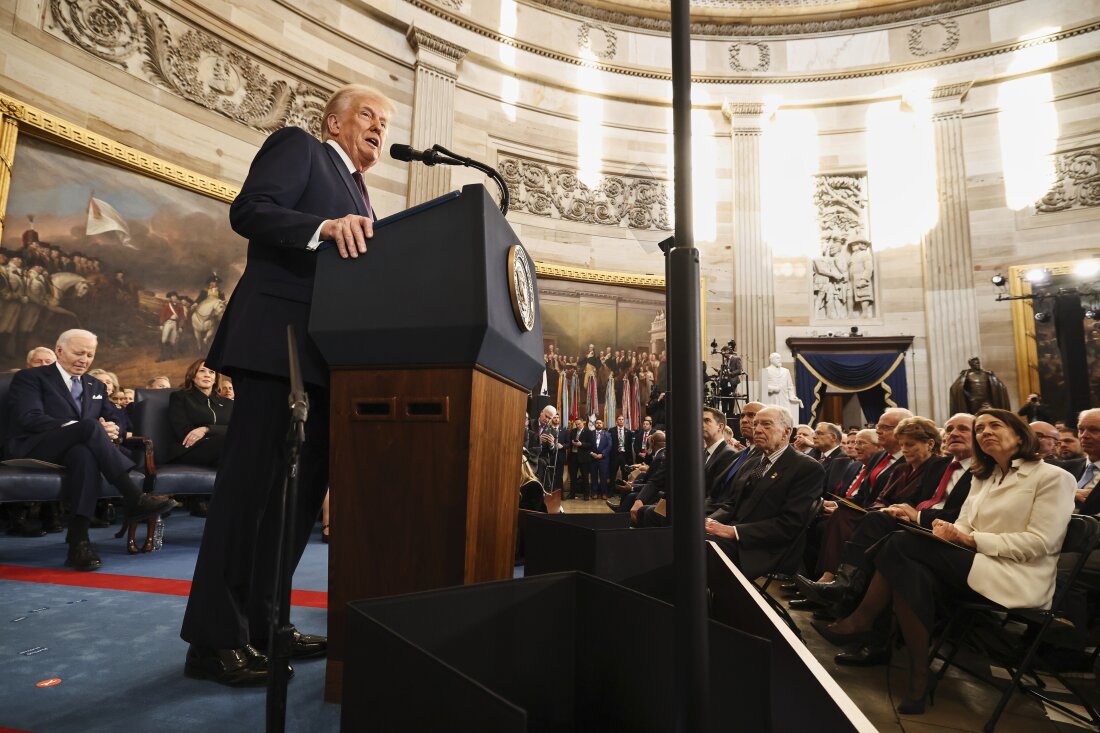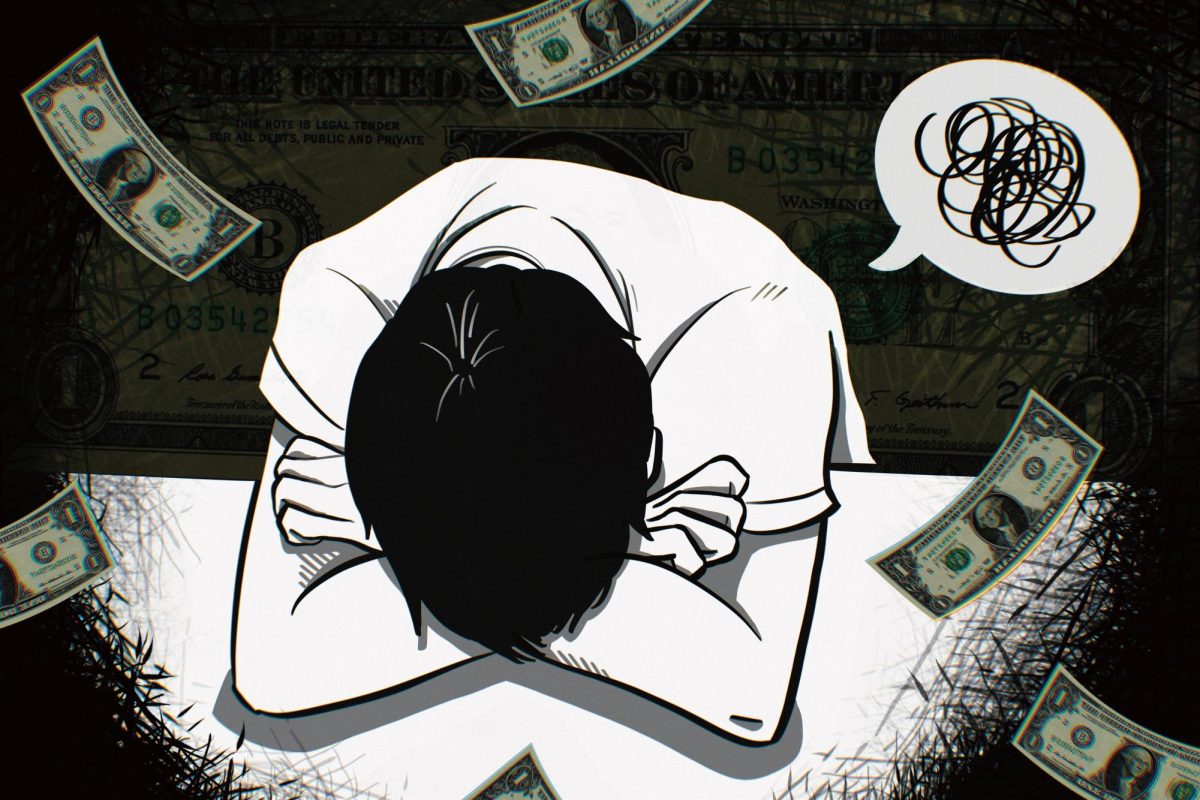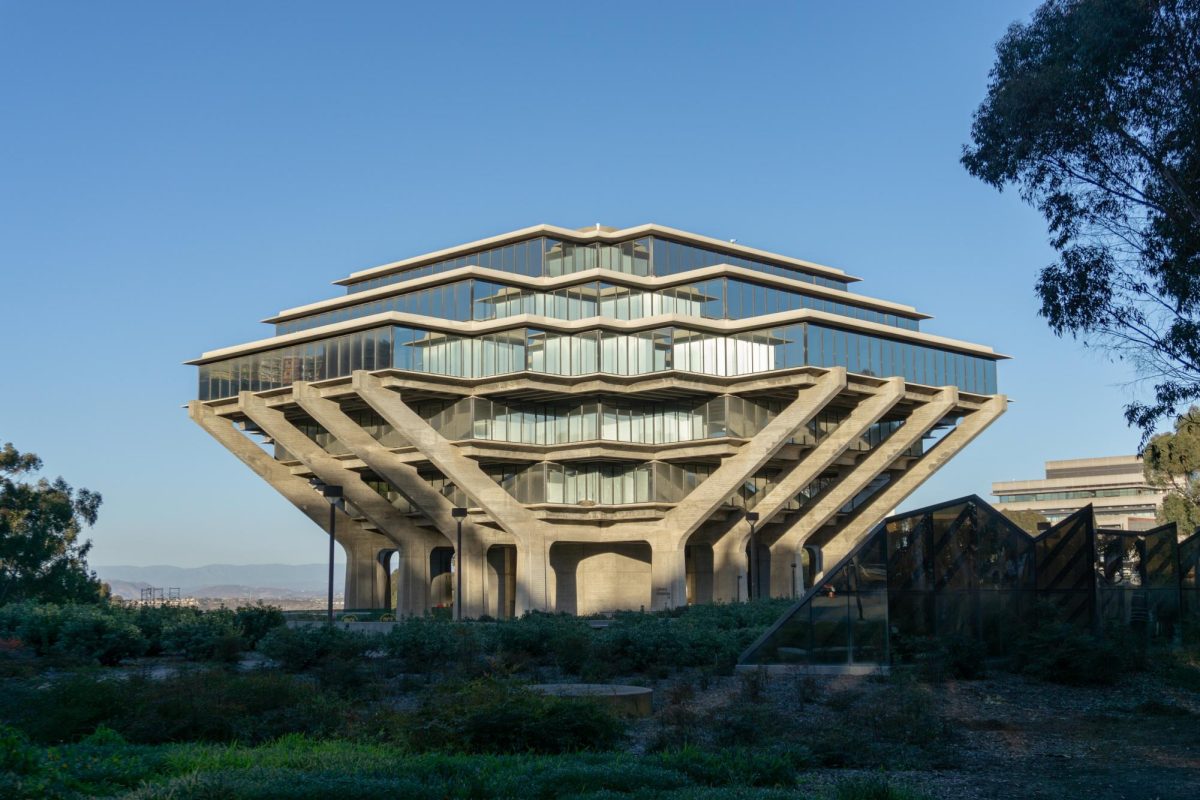On the morning after the presidential election, the UC San Diego department of theater and dance laid off all 21 employees in the production department. Two months later, all but two of those employees had been rehired, some by La Jolla Playhouse, some by UCSD.
UCSD’s goal for this layoff was not to get rid of staff members, who are still necessary for a theater program, nor to cut labor costs. Even with draconian reductions in compensation, UCSD will be spending more for the same labor pool.
The real goal was to end the decades-old shared labor arrangement with La Jolla Playhouse.
UCSD had depleted the funding used to produce student shows. Production staff were concerned about possible cutbacks due to this budget issue, but in August a deal was announced between the department and the Chancellor’s office that would provide substantial funding for production over the next five years. What wasn’t announced was that the deal also involved an end to the sharing relationship.
Over the three months between this deal and the layoffs, there was no discussion of the separation plan with faculty, staff or students, and none after it was implemented. It has never been adequately explained how ending the shared labor system would benefit UCSD.
It certainly doesn’t benefit the academic mission. The students and faculty would lose, in the middle of the academic year and onward, the expertise of a team that also supported one of the top regional theaters in the country. The theater department provided staff mentors who, due to their work for LJP, were current on best practices and who used their professional contacts to help many students start their careers.
It doesn’t benefit the staff either. If rehired by UCSD, they would have their compensation dramatically reduced by up to 40 percent. As there were no guarantees at the university, they would have to look for work over the holidays when both theater and academia usually hire in the spring and summer. If not rehired, they would lose all benefits on Jan. 31, including health care. Most really had no choice but to wait and hope to get hired into the new jobs despite the pay cuts.
The hiring process itself was disorganized, which made the stress even worse. LJP had no plan for this reorganization despite knowing about it well in advance. UCSD changed the plan several times after the layoffs so people couldn’t be sure of the parameters of the jobs they were being asked to apply for: Some people didn’t find out until Jan. 8 whether or not they would still have jobs in La Jolla or what exactly those jobs would be.
The only apparent beneficiary was La Jolla Playhouse. Despite repeated denials, LJP management wanted out of the sharing arrangement and had begun the process unilaterally. UCSD was auditing the financial relationship between the two, especially compensation for shared employees, and ending the relationship would end those questions. The layoffs were also conveniently timed to coincide with LJP’s union contract negotiations due to conclude in December, as well as a lull in its production schedule.
It’s pretty mystifying that this action was taken in such a rushed, secretive way to benefit a third party at the expense of students, faculty and staff. When a third party benefits from UCSD resources through an existing agreement, like LJP and its investors making millions of dollars from shows produced using UC facilities and UC staff, it’s okay because that’s the deal the Regents made. But when UC people and programs are hurt by back door deals without formal agreements or explanation, that’s not OK.
A conspiracy theorist might look for connections between senior administrators and LJP. I prefer the more innocent view that UCSD needed to protect itself from liabilities at the Playhouse and handled the whole thing badly.
UCSD was dealing with many serious complaints of abusive behavior by Playhouse employees toward UC staff. Through a combination of incompetence and hostility, Playhouse managers had destroyed the working relationship between the two entities, and UC staff were caught in the middle. Supervisors in charge of both LJP and UC staff were unable to protect their people or themselves. They were attacked for trying to follow UC policy and maintain standards, and for fulfilling their obligations to students and faculty. Playhouse managers used every trick in the book to pressure senior staff to leave and were caught lying outright in efforts to compromise joint staff careers.
Though the university continued providing millions of dollars in subsidies to the Playhouse, the administration was unwilling to use that leverage to fix the problems.
So UCSD pulled the plug. Rather than responding to whistleblower tips and formal complaints on behalf of its employees, it fired them all and gave LJP what it wanted.
As we say in the theater, no one died, but the impact will be around for a long time. The theater department, which was already suffering from neglect, will never be the same. The experienced staff will turn over as people forced to accept huge cuts in pay find new jobs in the spring. Costs will go up and, without aggressive action, standards will go down for both LJP and UCSD.
Eventually, it will all probably work out and people will forget about this as staff and students — the ones most hurt by this — move on. New people won’t know what the department could have been. I’m just glad that Arthur Wagner, who created, funded and loved the theater program and the mutually beneficial relationship with La Jolla Playhouse, wasn’t around to see his legacy ripped apart.















Joseph Huppert • Feb 27, 2017 at 7:39 am
I’ll clarify my response: I’m delighted that you feel things are better, and that is what we would all hope. However, several faculty members told me the faculty as a whole was only notified about the new plan hours after the staff was laid off, and the earliest the any faculty member knew about it was the day before. LJP production managers told me they knew nothing about it in advance, and if they did know then they lied to the staff and failed to plan for it, not being ready to make any job offers until more than a month after the layoff.
Regarding improved access to staff, this should be the case, but remember those staff members took a 25 to 40 percent pay cut to do the same jobs, in many cases with increased responsibilities. They will also be completely unavailable during the summer quarter.
Regarding severance, how generous it was is a matter of opinion, but facing the choice of losing your job versus a bit of cash is not much of a choice, and being demoted after in some cases decades of loyally being underpaid and overworked by any measure, right after being told that all the financial issues had been resolved in August, is not a good thing.
And finally, being laid off or demoted after bringing issues to the attention of UCSD about wasting resources and Playhouse staff violating UC policy and employment law has the smell of retaliation.
Having spent a good amount of time in academic theater programs, I can say that UCSD had an unusually good setup for production as the staff was always on the cutting edge of real world production. The usual thing is that academic production becomes a closed loop, where old habits continue propagating in a vacuum and students graduate and then have to find out how the real world works. Since UCSD’s teaching philosophy has specifically rejected real world training in design areas, the professional staff was a huge asset.
Any • Feb 27, 2017 at 12:27 am
As a current student, I feel that the resources available to us have improved drastically since the split. While we are still figuring out how to function under this new model, things are now much better then before.
As I understand it, production management, facility memebers, and representatives from LJP we an integral part of the plan to split and have been working on this new model for quite some time before announcing it November 9th.
I also think it’s important to note that the two people who were not hired back, yourself included if I’m not mistaken, chose not to apply for positions and received a very generious severance package from the university.
There is no doubt that the last few months have been difficult and stressful for the staff. But this re-organization allows UC to provide students with the resources that they deserve. Under the previous model this was not possible.
Joseph Huppert • Feb 27, 2017 at 5:54 am
Faculty said they were completely surprised by the announcement. LJP also claimed it was completely surprised, so not sure how you would conclude there was involvement. If what you say is true, than a lot more people were lying at the time. Also, regarding myself, I did apply for my redesigned position and was not considered a candidate for unexplained reasons.
Joseph Huppert • Feb 27, 2017 at 10:02 am
By the way, this makes my point that LJP was abusing the shared staff. Students should have had just as much access under the shared system, but LJP insisted on getting more than their fair share and UCSD did not prevent them from doing it.